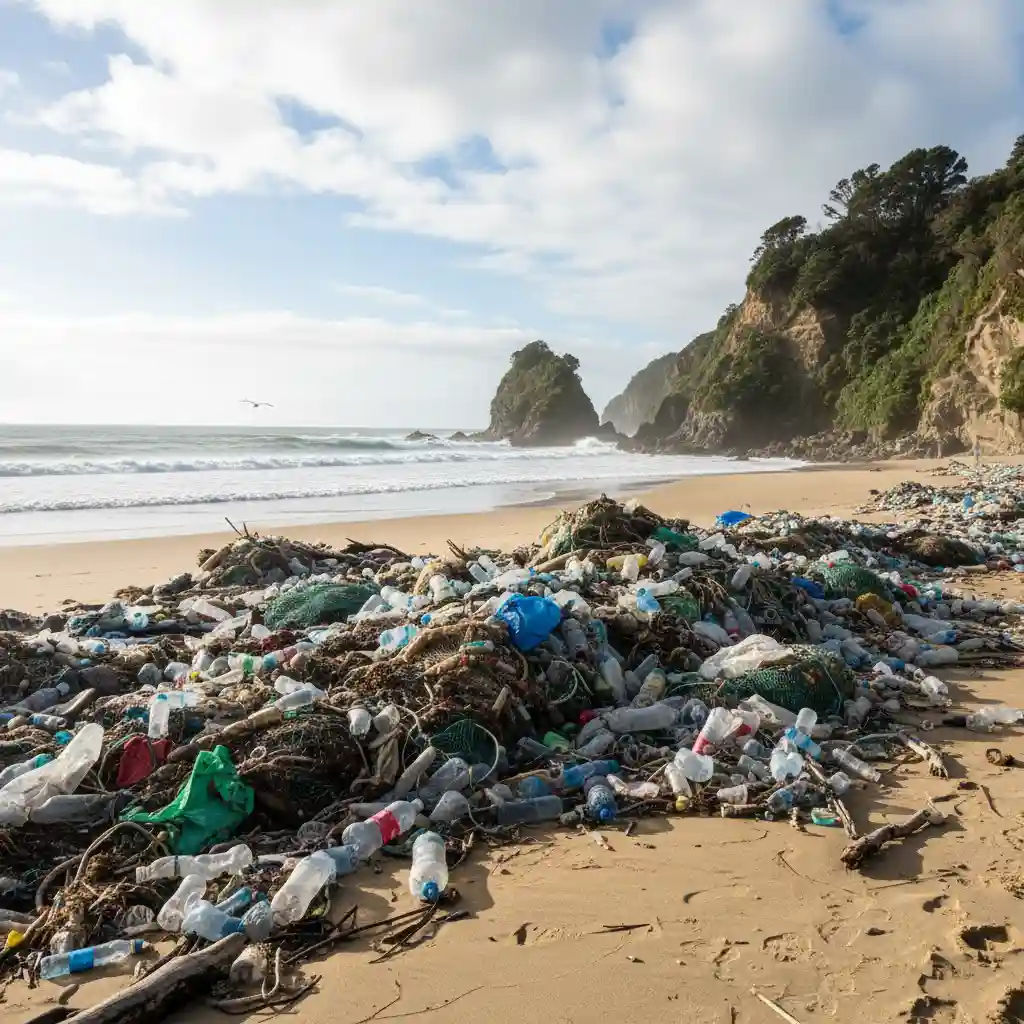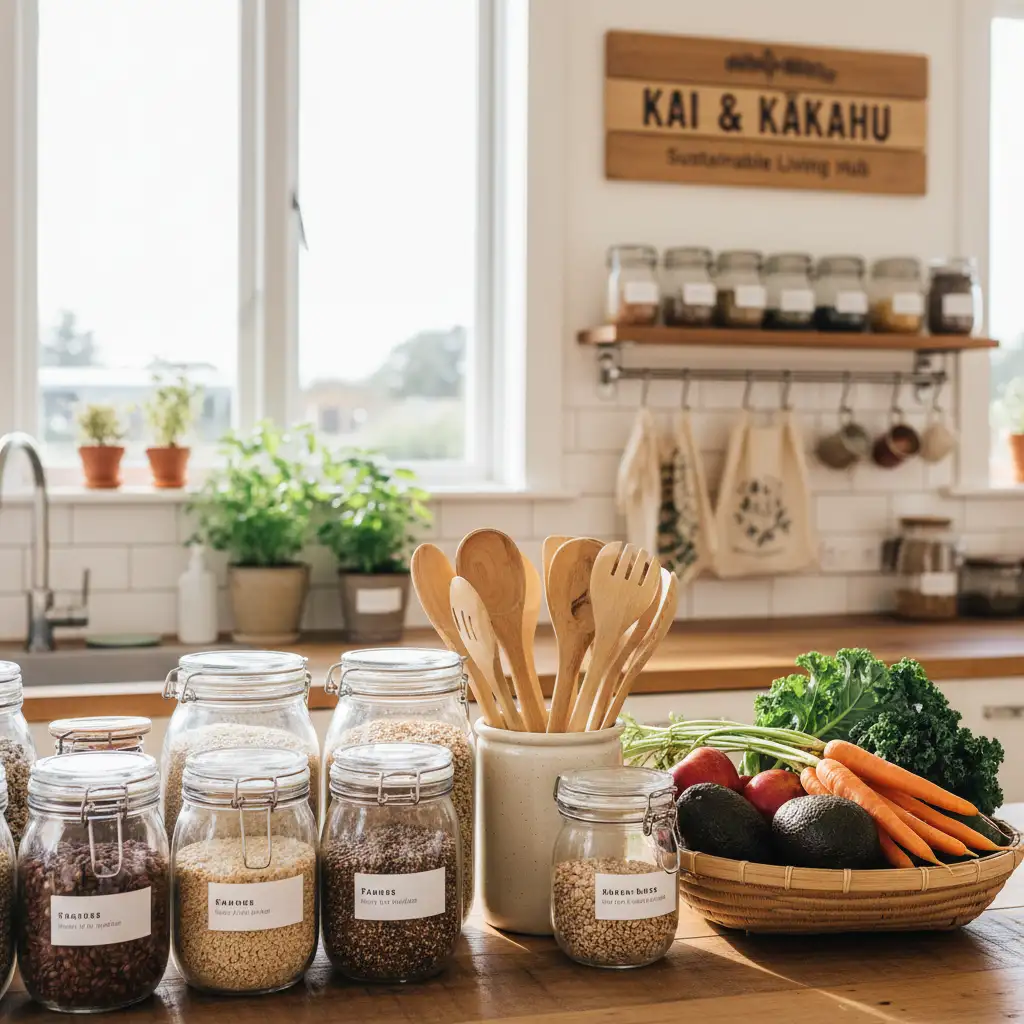Grassroots Movements in NZ: Tackling Plastic Waste Together
Aotearoa, New Zealand, is renowned for its breathtaking landscapes, pristine coastlines, and unique biodiversity. Yet, like many nations, our beautiful country faces a significant challenge: plastic waste. From remote beaches to bustling urban centres, the pervasive nature of plastic threatens our natural heritage and sustainable future. But a powerful, collective force is rising to meet this challenge head-on – our incredible grassroots movements.
These community-led initiatives are not just talk; they are the hands-on heroes, the educators, and the innovators driving real change from the ground up. This article explores the vital role of grassroots movements in NZ, highlights key initiatives tackling plastic waste, and shows you how you can be a part of this inspiring collective effort to create a cleaner, greener Aotearoa.
Table of Contents
- Understanding the Plastic Problem in Aotearoa
- The Power of Local Action: What are Grassroots Movements?
- Key Grassroots Initiatives Making a Difference
- How You Can Get Involved and Make an Impact
- Looking Ahead: The Future of Plastic Waste Reduction in NZ
- Frequently Asked Questions (FAQ)
- References & Sources
Understanding the Plastic Problem in Aotearoa
New Zealand generates a significant amount of waste, and plastic forms a considerable portion of it. While official data can vary, it’s clear that our consumption habits contribute to a growing environmental burden. Single-use plastics, in particular, pose a threat to our marine life, terrestrial ecosystems, and even human health as microplastics enter our food chain.
Stat Callout: Plastic Waste in NZ
Recent estimates suggest that New Zealanders send around 252,000 tonnes of plastic waste to landfills annually. A significant portion of this is packaging, with only a small percentage being effectively recycled nationally.
(Source: Ministry for the Environment & WasteMINZ data)
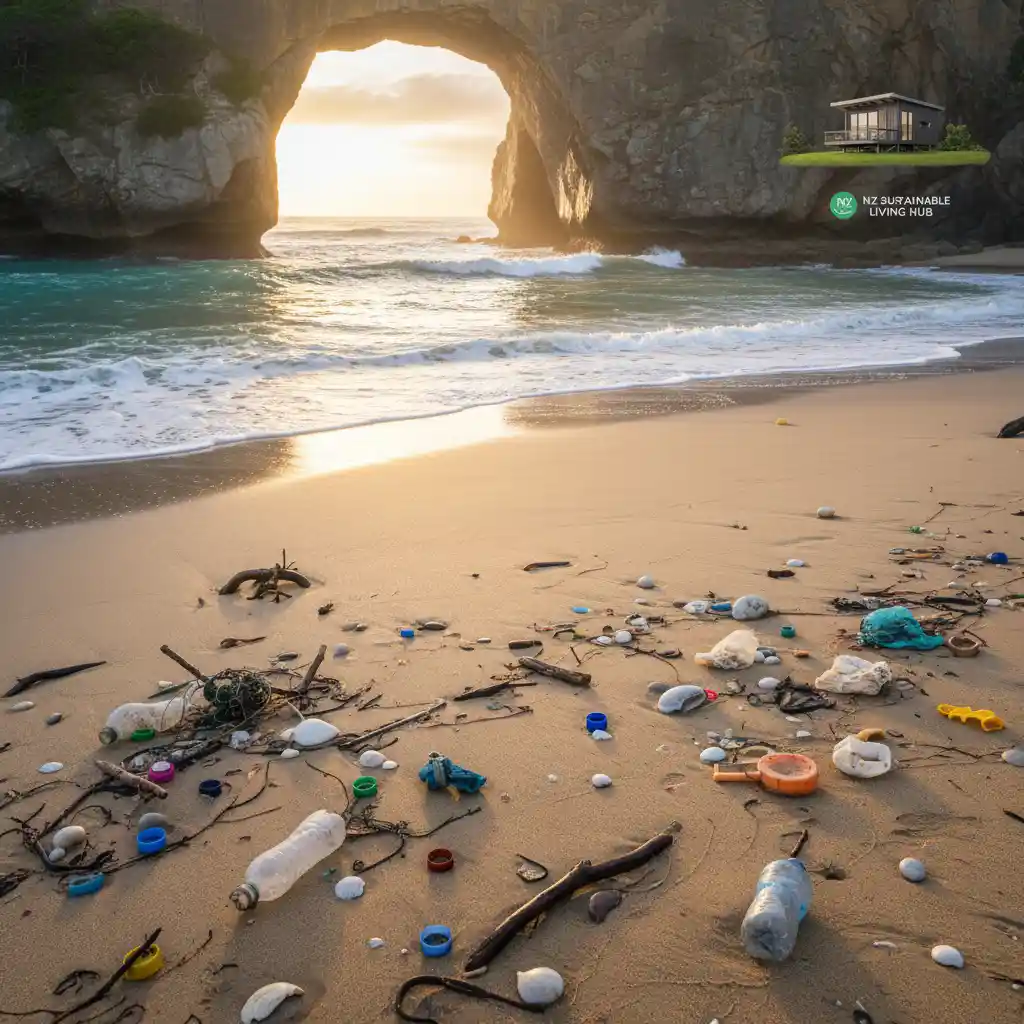
This challenge requires a multifaceted approach, blending government policy, corporate responsibility, and crucially, community engagement. This is where grassroots movements in NZ shine, demonstrating that collective local action can spark widespread change.
The Power of Local Action: What are Grassroots Movements?
At their core, grassroots movements are driven by individuals and communities who identify a problem and commit to solving it themselves, often with limited formal structure or funding. They embody the spirit of kaitiakitanga – guardianship and protection – central to Māori culture.
Defining Grassroots Efforts
These movements are characterised by their organic growth, community-led initiatives, and focus on practical, local solutions. They might start with a handful of dedicated volunteers and grow into powerful networks. When it comes to plastic waste, these efforts can range from local beach cleanups and community recycling drives to advocacy for single-use plastic bans in local businesses.
“Real change often begins not in boardrooms, but on the ground, with ordinary people doing extraordinary things in their own backyards.”
Why Local Matters
- Direct Impact: Grassroots initiatives directly address local waste issues, making tangible improvements in specific areas.
- Community Empowerment: They empower individuals, foster a sense of collective responsibility, and build stronger communities.
- Innovation: Local groups often pioneer innovative solutions tailored to their unique environments and demographics.
- Policy Influence: By demonstrating effective local models and raising public awareness, they can influence regional and national policy changes.
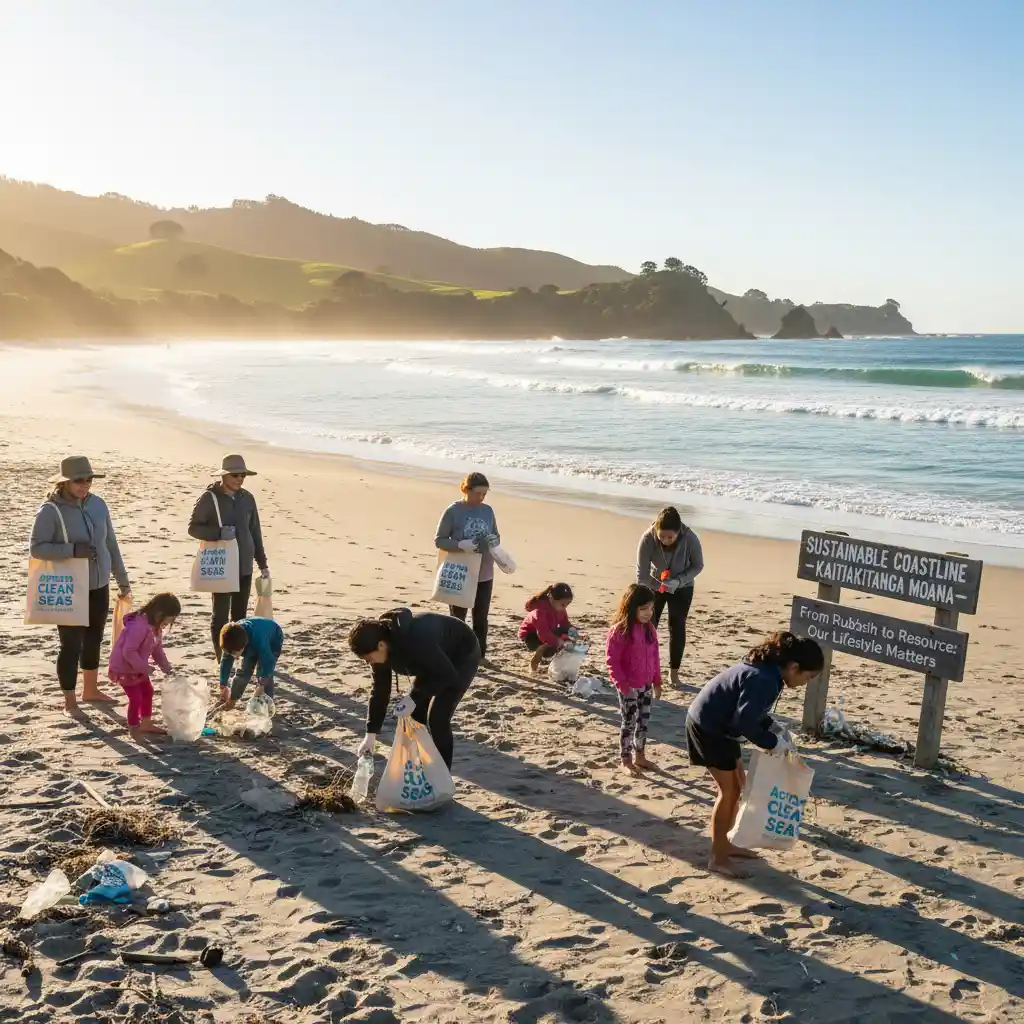
Key Grassroots Initiatives Making a Difference
New Zealand is a hive of activity when it comes to grassroots movements tackling plastic waste. Here are just a few examples of the types of initiatives making a real impact:
Beach Cleanups & Environmental Education
- Sustainable Coastlines: While a larger organisation, it operates on a grassroots model, mobilising thousands of volunteers for clean-ups and delivering educational programmes to inspire kaitiakitanga.
- Sea Cleaners: Dedicates itself to removing rubbish from the surface of the water, operating boats in various harbours and waterways, driven by volunteer efforts.
- Local ‘Friends of the Estuary’ or ‘Friends of the River’ groups: Many small, localised groups regularly clean up specific ecological areas, educating their communities about the impact of litter.
The Rise of Refill & Reuse Solutions
- Zero Waste Shops: Small, independent businesses popping up across NZ offering package-free groceries, household goods, and personal care items. They often run workshops and advocacy campaigns.
- Community Refill Stations: Initiatives providing accessible points for refilling water bottles, coffee cups, and even cleaning products, reducing reliance on single-use items.
- Boomerang Bags / Reusable Container Schemes: Local groups sewing and distributing reusable bags or establishing systems for reusable food containers within cafes and restaurants.
Waste Reduction & Advocacy
- Plastic-Free July Campaigns: While an international movement, it’s championed by countless local groups and individuals across NZ, encouraging a month of conscious plastic reduction.
- Local Council Engagement: Many grassroots organisations actively lobby their local councils for better waste management infrastructure, plastic bans, and sustainable procurement policies.
- Repair Cafes: Community-run events where volunteers help fix broken items (electronics, clothing, bikes), diverting them from landfill and fostering a repair culture.
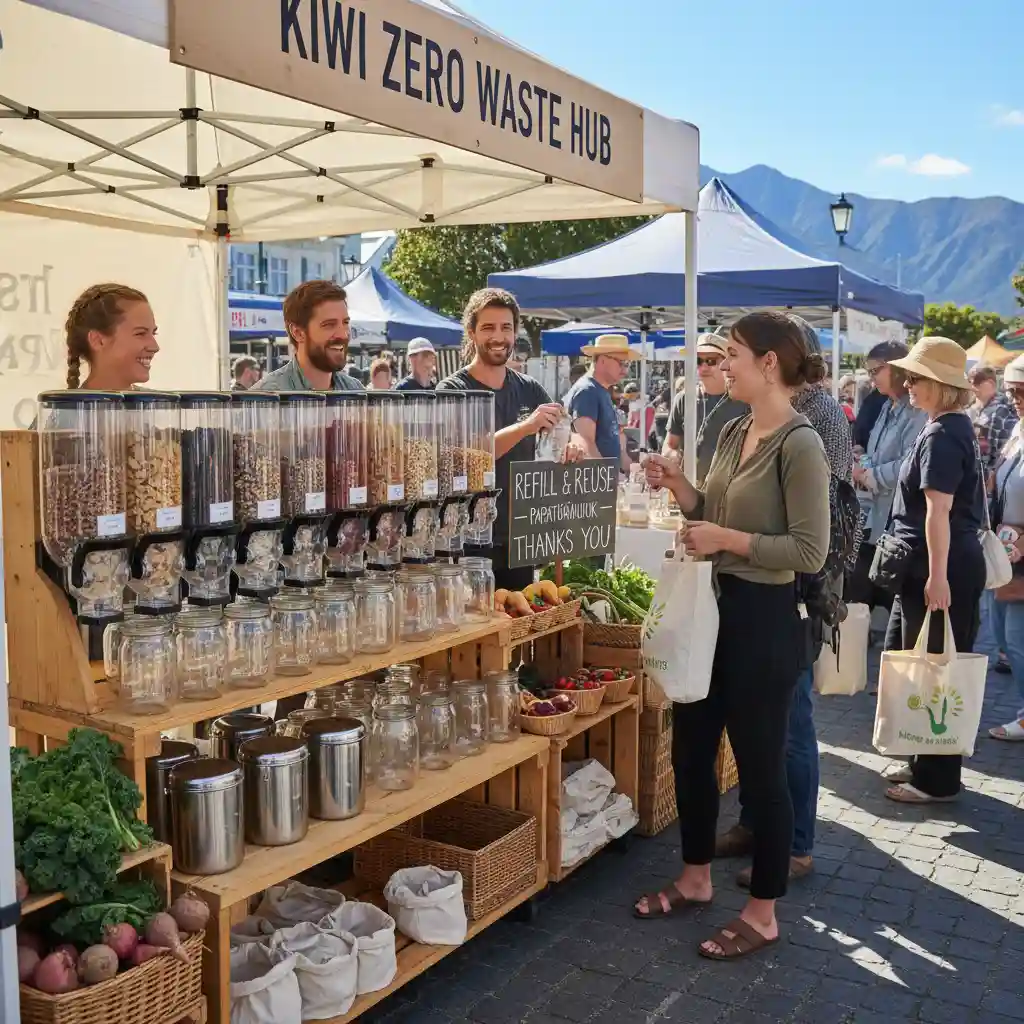
How You Can Get Involved and Make an Impact
Joining grassroots movements in NZ doesn’t require a huge commitment, just a willingness to contribute. Every small action adds up to a significant impact. Here’s an action checklist to help you get started:
Action Checklist: Join the Movement!
-
✓
Find a Local Group: Search online for ‘environmental groups [your town/region]’, ‘beach cleanups [your area]’, or ‘zero waste [your city]’. Facebook groups are often a good starting point.
-
✓
Attend a Cleanup Event: Participate in a scheduled beach, river, or park cleanup. It’s a great way to meet like-minded people and make an immediate visual difference.
-
✓
Support Local Zero Waste Businesses: Shop at bulk food stores, use refill stations, and choose products with minimal or no packaging.
-
✓
Educate Yourself and Others: Learn more about plastic alternatives and sustainable practices. Share your knowledge with friends, family, and colleagues.
-
✓
Advocate for Change: Write to your local council, support petitions for plastic reduction, or encourage local businesses to adopt plastic-free alternatives.
-
✓
Reduce Your Own Plastic Footprint: Implement the ‘5 Rs’ – Refuse, Reduce, Reuse, Recycle, Rot (compost) – in your daily life.
Looking Ahead: The Future of Plastic Waste Reduction in NZ
The momentum generated by grassroots movements is undeniable. They are vital in raising awareness, driving innovation, and holding larger entities accountable. As New Zealand continues its journey towards a truly sustainable future, the collaborative efforts between community, government, and industry will be crucial.
The recent bans on certain single-use plastics by the New Zealand government are a testament to the influence of public opinion and the tireless advocacy of environmental groups. By continuing to support and engage with grassroots initiatives, we collectively strengthen our ability to protect Aotearoa from the harms of plastic pollution for generations to come.
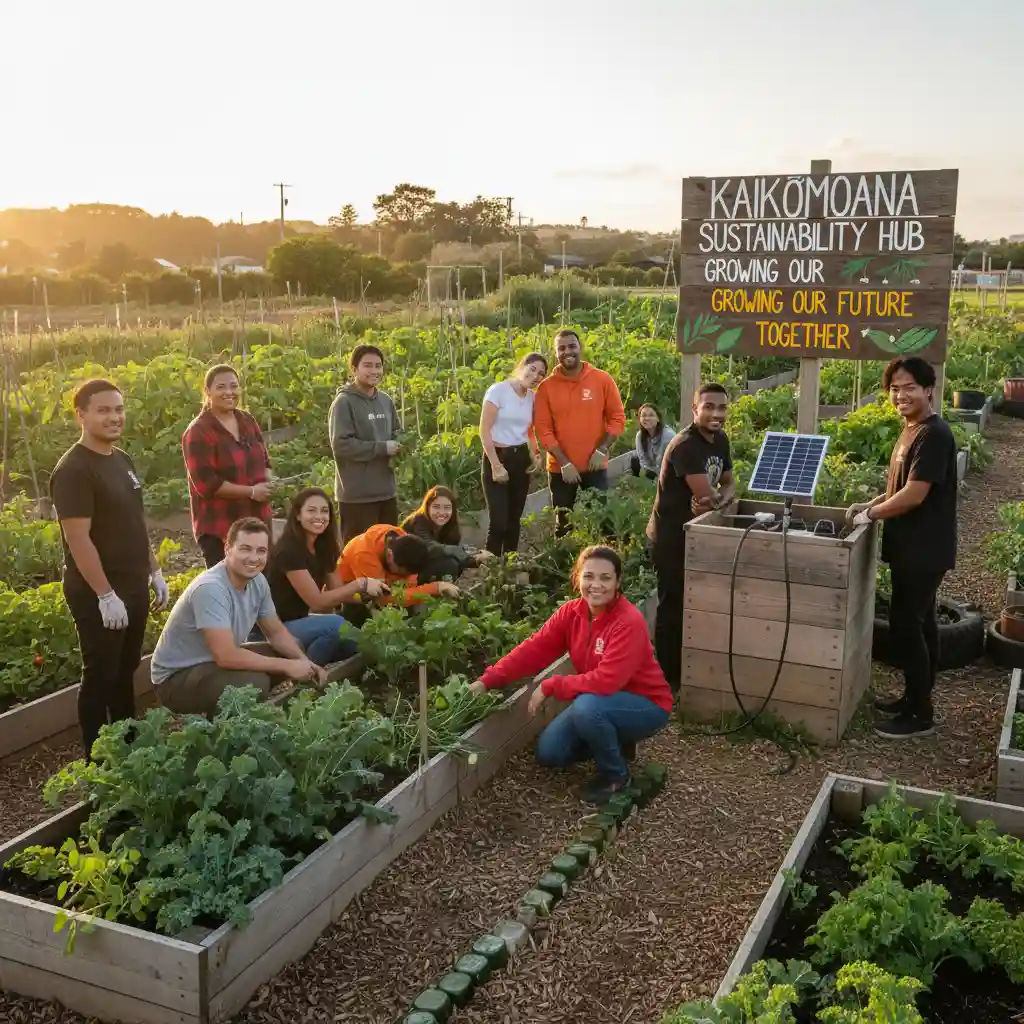
Conclusion
The fight against plastic waste in New Zealand is a collective journey, and grassroots movements are at the very heart of it. They exemplify the power of community, passion, and persistence in driving meaningful environmental change. By understanding their work and actively participating, we can all contribute to preserving the natural beauty of Aotearoa and fostering a truly sustainable lifestyle.
Grassroots movements in NZ: Tackling Plastic Waste Together isn’t just a catchy phrase; it’s an invitation. An invitation to join hands, share knowledge, and work collectively towards a plastic-free future. What small step will you take today to join this vital movement?
Frequently Asked Questions (FAQ)
What defines a grassroots movement in the context of plastic waste?
A grassroots movement is typically a community-led, bottom-up initiative driven by volunteers and local individuals. In the context of plastic waste, it involves local clean-ups, advocacy for waste reduction, establishing refill stations, or educating communities on sustainable practices, rather than being directed by a large national organisation or government.
How effective are grassroots movements in tackling plastic waste in NZ?
Grassroots movements are highly effective. They raise crucial awareness, inspire individual action, pilot innovative local solutions, and put pressure on businesses and governments to adopt more sustainable policies. Their cumulative local impact contributes significantly to the national effort against plastic pollution.
What are some common activities of grassroots movements in New Zealand?
Common activities include organising beach and waterway clean-ups, running educational workshops, promoting zero-waste lifestyles, advocating for bans on single-use plastics, setting up community gardens or repair cafes, and supporting local businesses that offer sustainable alternatives.
How can I find a grassroots movement to join in my local area?
You can start by searching online for terms like “environmental groups [your town]”, “zero waste [your city]”, or “beach cleanup [your region]”. Social media platforms (especially Facebook groups) are often excellent resources for finding local initiatives. Local community centres or libraries might also have information.
Do grassroots movements only focus on plastic waste?
While this article focuses on plastic waste, many grassroots environmental movements address a broader range of issues, including water quality, biodiversity protection, sustainable agriculture, and climate change. Plastic waste is often a key component of their overall mission for environmental stewardship.
References & Sources
- Ministry for the Environment. (2022). Waste and recycling in New Zealand. Retrieved from environment.govt.nz/facts-and-science/environmental-reporting/waste-recycling/
- WasteMINZ. (2021). Plastic recycling in New Zealand: Opportunities and challenges. wasteminz.org.nz (Specific report details may vary, representing typical industry data sources).
- Sustainable Coastlines. About Us & Our Work. Retrieved from sustainablecoastlines.org/
- Sea Cleaners. Cleaning New Zealand Waterways. Retrieved from seacleaners.com/
- The Zero Waste Network Aotearoa. Community Hubs and Initiatives. Retrieved from zerowaste.co.nz/
